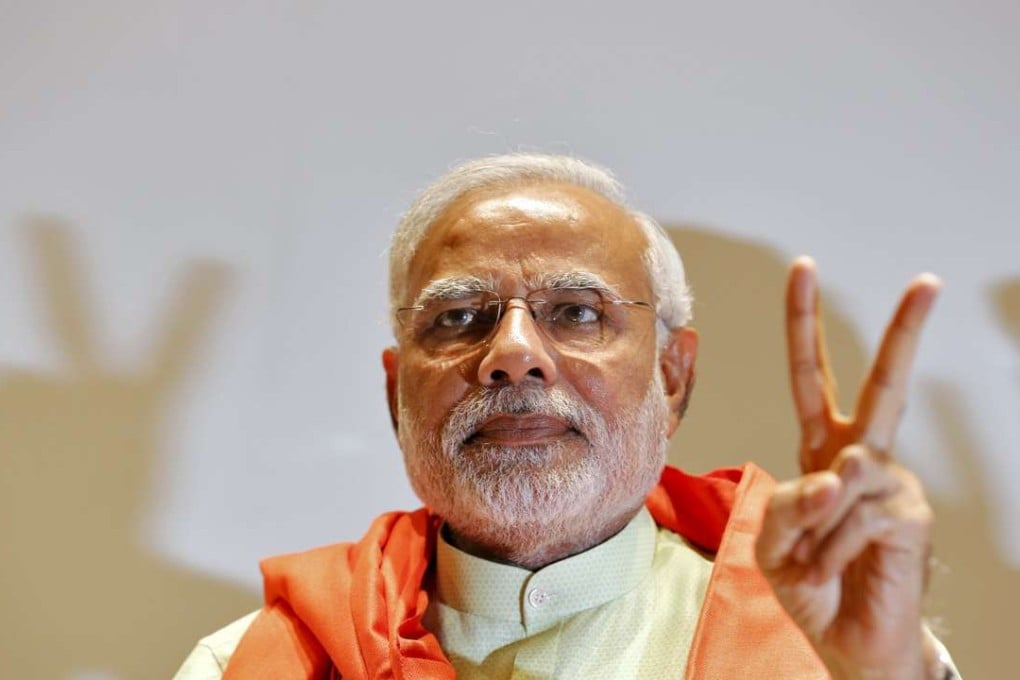Book review: Incarnations is a boosterish fairy-tale view of India
This massive book tells a lopsided story of the subcontinent’s past and present, its author failing to grasp the possible connections between his liberal nationalism and the toxic kind that is stifling dissent across the country


by Sunil Khilnani
Allen Lane
2/5 stars
The east is a career, said British politician and novelist Benjamin Disraeli in the middle of the 19th century, a sentiment that Edward Said found so remarkable he used it as the epigraph to his Orientalism. And India, one feels upon reading Sunil Khilnani’s new book, is a racket. In the age of toxic Hindu nationalism, India is an industry, a cult and a virus.
The dominion of this India industry is wide, thriving at cosy, corporate-sponsored literary festivals as well as within the interrogation cells and courtrooms of the Indian state, where the “anti-Indian” is ruthlessly defined; manifesting itself daily in the homilies uttered by suited, suave India experts at Western think tanks and in the frothing, ultra-nationalist rants delivered by Indian TV hosts.